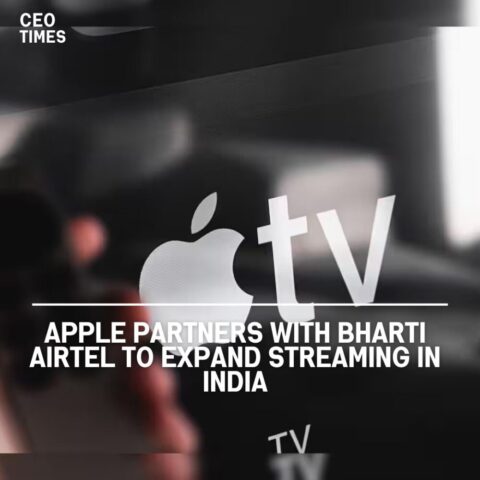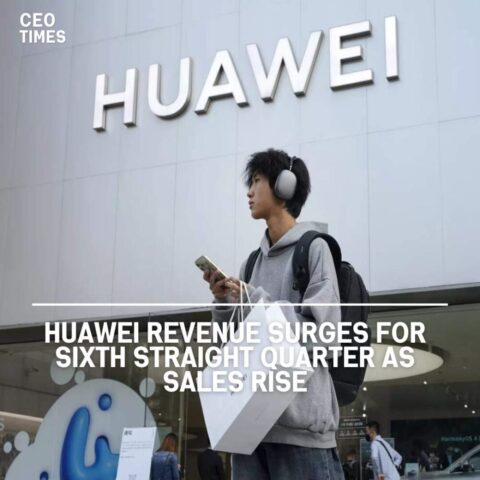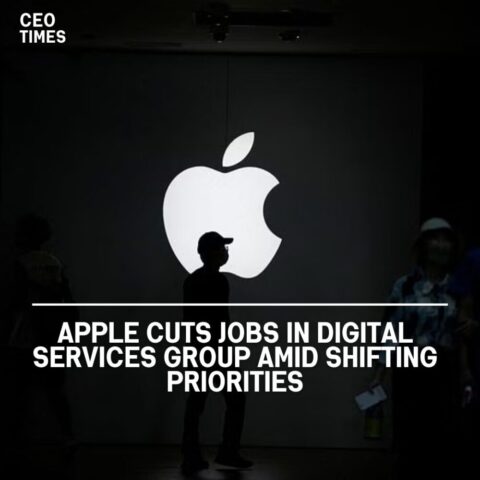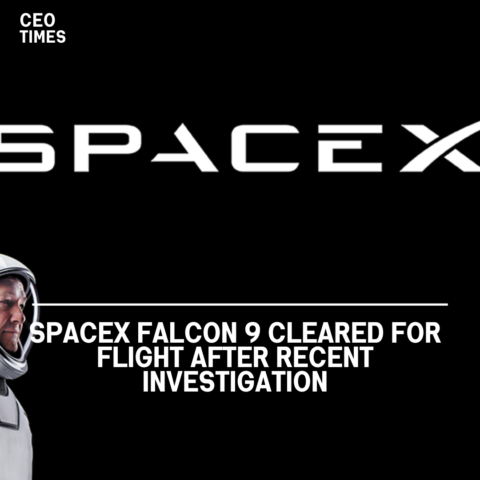Apple and Microsoft have secured exemptions from the new EU tech regulations for their services, iMessage and Bing.
The companies have convinced Antitrust regulators that these services do not serve as gateways for businesses to access end-users.
Digital Markets Act Requirements:
The Digital Markets Act, set to be enforced in three weeks, imposes obligations on major tech companies, including Microsoft, Apple, Google, Amazon, Meta Platforms, and ByteDance.
These requirements include allowing third-party apps or app stores on their platforms and facilitating easier user switching to competitor services. Moreover, the Act prohibits these companies from showing favoritism towards their services over competitors.
Exemption Determination:
After a thorough five-month investigation, the European Commission concluded that iMessage, Bing, Edge, and Microsoft Advertising do not meet the criteria of gatekeeper services.
The Commission specified that Apple’s App Store, iOS operating system, Safari browser, Microsoft’s LinkedIn social network, and Windows operating system would retain their classification as gatekeepers.
Company Responses:
Apple clarified that iMessage usage within the EU is minimal compared to other messaging platforms, and it does not play a significant role for businesses to connect with users in the region.
Microsoft argued that Bing, Edge, and Microsoft Advertising operate as challengers in the market and are not crucial gateways for business users.
Future Engagement and Criticism:
Both companies intended to cooperate with the Commission and the industry to ensure compliance with the Digital Markets Act.
However, the Coalition for Open Digital Ecosystems (CODE), which includes Google, Meta Platforms, and Qualcomm, criticized the Commission’s decision, stating that it undermines the objectives of the Act and its potential to enhance choice and competition for European consumers.



















